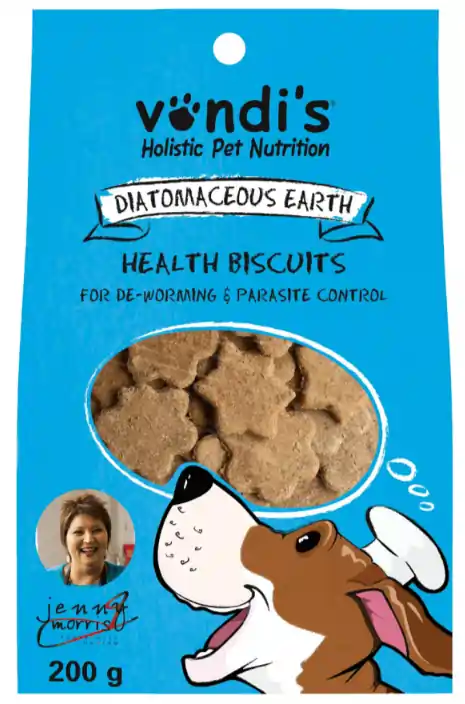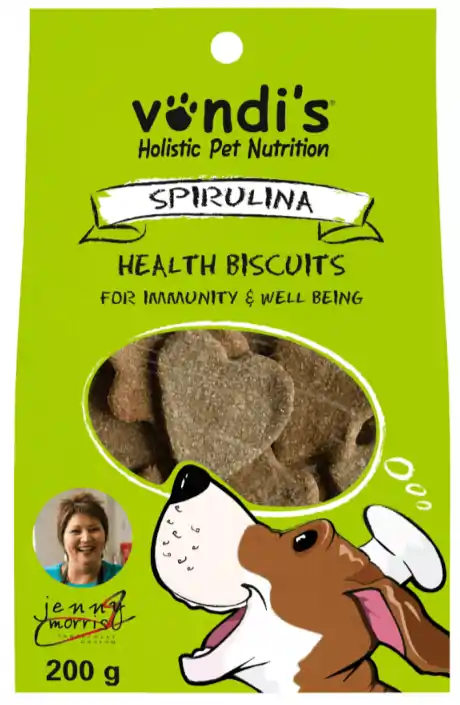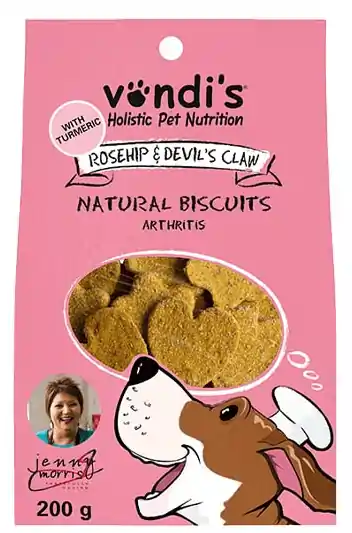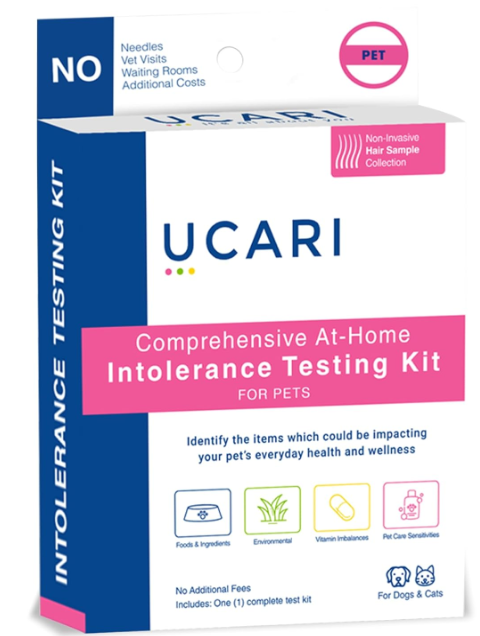In todays post we will unlock the power of Pet Health Nutrition! Think about it…A tummy full of nutritional food will make your dog not just healthy but happy too. So let’s dive in to understand nutrition in pets.

Importance of Balanced Diet
Table of Contents
A balanced diet is vital for pets as it provides them with the essential nutrients they need to thrive. Just like humans, pets require a variety of nutrients to support their growth, development, and overall health. A balanced diet helps to:
- Maintain a healthy weight: Feeding your pet a balanced diet can help prevent obesity, which is a common health concern for pets. Obesity can lead to various health issues, such as joint problems, diabetes, and heart disease. A balanced diet provides the right balance of nutrients while controlling calorie intake.
- Promote proper digestion: A balanced diet supports healthy digestion in pets. It includes an appropriate mix of proteins, carbohydrates, and fiber that aid in nutrient absorption and promote regular bowel movements.
- Boost the immune system: A well-balanced diet is essential for a strong immune system. It provides the necessary vitamins, minerals, and antioxidants that support immune function and help protect against illnesses and infections.
- Maintain healthy skin and coat: The nutrients in a balanced diet contribute to healthy skin and a shiny coat. Essential fatty acids, such as omega-3 and omega-6, are important for maintaining skin integrity and promoting a lustrous coat.
Proper Pet Health Nutrition Guidelines
A well-rounded diet for pets typically includes a combination of high-quality commercial pet food, fresh fruits and vegetables (when appropriate for the species), and lean sources of protein. Our go to in my household as a pet treat is: raw carrots, apple pieces and even patato skins. There are also the odd raw mince treat, which is sometimes frowned upon but I believe you should decide if this is something you want to feed your dog or not.
The nutritional requirements can vary depending on factors such as age, breed, size, and activity level. You can either consult with your veterinarian to determine the appropriate type and amount of food for your pet or you can choose to research a bit and choose your own balanced food for your dog, by looking at the nutrition values on the packaging. With that being said: “Not all pet food are created equal”.



Commercial pet foods are formulated to meet the nutritional needs of pets and come in a variety of options, including dry kibble, wet food, and raw diets. When choosing a pet food, opt for high-quality brands that use real meat as the main ingredient. Avoid foods that contain excessive fillers or artificial additives. Reading the label and understanding the ingredients can help you make an informed decision about what is best for your pet’s health.
It’s important to avoid feeding your pet excessive amounts of treats or table scraps, as this can lead to weight gain and nutritional imbalances, especially if you are not sure about what is good for your dog and what you need to avoid.
To ensure that your pet’s diet is complete and balanced, look for pet foods that meet the standards set by reputable organizations such as the Association of American Feed Control Officials (AAFCO). These foods have undergone rigorous testing to ensure that they provide the necessary nutrients for your pet’s specific life stage.
Dietary Supplements for Pets
In addition to a balanced diet, some pets may benefit from dietary supplements. However, it’s important to consult with your veterinarian before adding any supplements to your pet’s diet. Your veterinarian can assess your pet’s individual needs and recommend supplements that may be beneficial.
Common dietary supplements for pets include omega-3 fatty acids, glucosamine, and probiotics. Omega-3 fatty acids can support your pet’s skin and coat health, while glucosamine may help support joint health in pets with arthritis or joint issues. Probiotics can promote a healthy digestive system by supporting the balance of beneficial bacteria in your pet’s gut.
This is very important, especially if your dog is starting to age or have certain health issues. Recently my Tibetan Dwarf Pet (his name is beertjie) had an issue with his legs and the vet prescribed a supplement he needs to help with bone growth.
Common Pet Health Issues
Ensuring the well-being of our beloved pets is a top priority for pet lovers. While pets can bring immense joy and companionship, they can also face various health issues. In this section, we will explore three common pet health issues: allergies and dietary triggers, infections and parasites, and stress and anxiety effects.
Allergies and Dietary Triggers
Just like humans, pets can develop allergies to certain foods or environmental factors. Dogs, for example, can develop allergies to common food allergens such as beef, chicken, dairy, and grains. These allergies can manifest in various ways, including digestive issues like explosive diarrhea. It’s important to identify and eliminate the dietary triggers causing such reactions in order to improve your pet’s health.
To give a good example. My Yorkshire Terrier (her name is Cinnamon) must be allergic to diary because she will sometimes vomit up slime after digesting anything that have diary added.So, if you suspect your pet has food allergies, it’s recommended to consult with a veterinarian. They may suggest an elimination diet, where potential allergens are removed from your pet’s diet and then systematically reintroduced to identify the specific trigger. Additionally, there are specialized pet foods available that cater to specific dietary needs, such as hypoallergenic or limited ingredient diets.
Infections and Parasites
Infections and parasites are another common health concern for pets. These can be contracted through contaminated food or water, exposure to infected animals, or unsanitary living conditions. Infections can range from bacterial or viral infections to fungal or yeast infections, depending on the specific pathogens involved.
Parasites, on the other hand, can include fleas, ticks, mites, and worms. These parasites can cause a range of health issues for your pet, including skin irritations, gastrointestinal problems, and even internal organ damage. Preventive measures such as regular check-ups, vaccinations, and proper hygiene practices can help minimize the risk of infections and parasites.
Remember, they can also pick up parasites from certain things they eat. I often caught my dogs eating the poop of Doves. Yes, it is discusting but they found it to be something tasty. No idea why, but even that can cause gastrointestinal problems. So regular checkups are so important.
In conclusion, pet health nutrition plays a crucial role in ensuring our furry friends live long, happy, and active lives. Just like humans, pets require a balanced diet to maintain optimal health and prevent diseases. High-quality pet health nutrition supports their immune system, promotes healthy skin and coat, aids in digestion, and keeps their energy levels up. By prioritizing pet health nutrition, you’re not only enhancing your pet’s overall well-being but also fostering a strong, loving bond built on the foundation of good health and happiness. Remember, a well-nourished pet is a happy pet!


